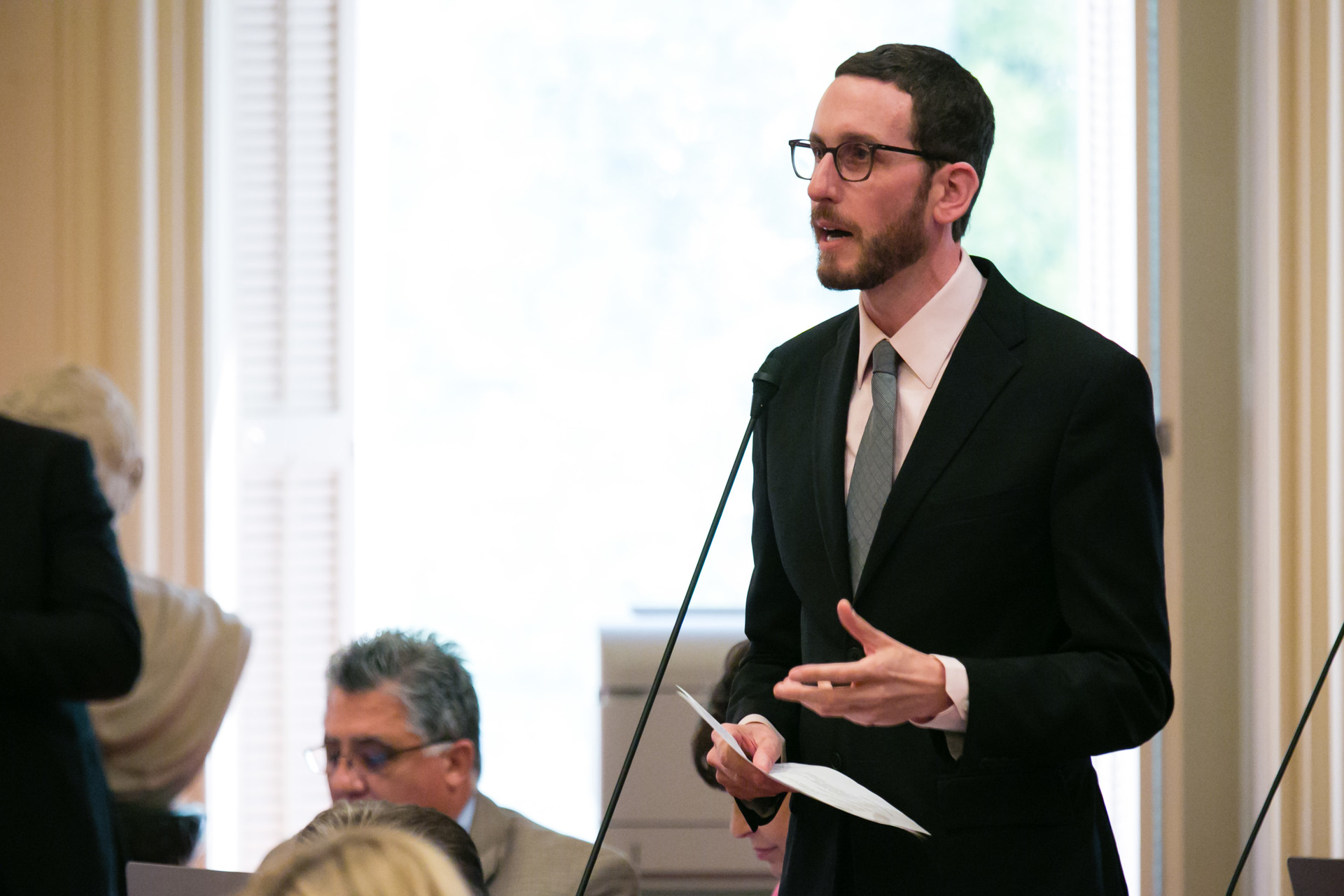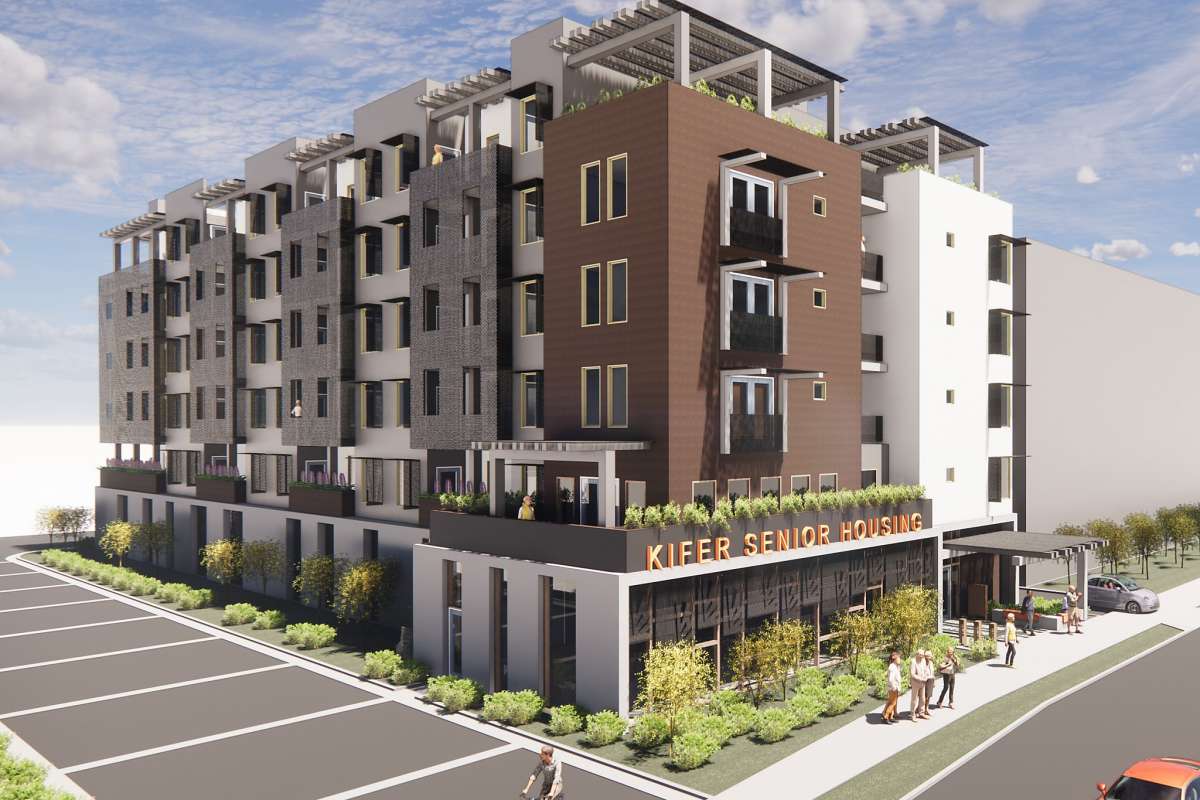New Report Shows 9 of the Top 10 Least Affordable Metro Counties in Nation are in California

KQED: Housing, Homelessness Were California Lawmakers’ Top Priorities Before Pandemic. Where Do They Stand Now?
June 30, 2020
San Francisco Chronicle: Apple commits over $400 million of $2.5 billion California housing pledge
July 14, 2020
For immediate release
9 of the Top 10 Least Affordable Metro Counties in Nation are in California
New Report Shows Significant Gap between Wages and What Households Can Afford, Need for Policy Action and Federal Investments
(July 14) California counties account for 9 of the top 10 most expensive places to live in the nation, according to a new national report released today by the National Low Income Housing Coalition. Bay Area counties in particular are heavily represented, seizing 6 of the 8 most expensive places on the list.
“As the voice of affordable housing in the Bay Area, we’re urging lawmakers to hear the song of this canary in the mine,” said Amie Fishman, Non-Profit Housing Association of Northern California Executive Director. “We must invest in our communities to make progress for our health, our economy, racial justice. For our future, this starts with safe, stable, affordable homes for everyone.”
The report shows:
- There is a significant gap between what workers make and what housing costs in the Bay Area.
- Bay Area counties of Marin, San Francisco, and San Mateo are in a three-way tie at the top of the list. Workers in those counties need an hourly wage of $64.21 to afford a two-bedroom rental (up from $60.96 last year.)
- For the remaining six California counties in the list — Santa Clara, Santa Cruz, Santa Barbara, Alameda, Contra Costa, and Orange – workers need an hourly wage between $42.62 – $57.12.
- California renters on average make $23.96 per hour; yet the average hourly wage required for a CA two-bedroom apartment is $36.96.
- California minimum wage workers need to work nearly 3 full time jobs to afford our housing market. California’s minimum wage earners ($13.00 per hour) must work 114 hours per week — nearly the equivalent of 3 full-time jobs — to afford average market rate rent.
- Though California and the Bay Area especially are hard hit, the report finds that there is no state, metropolitan area, or county where full-time minimum-wage workers can afford a modest two-bedroom rental home. In 95% of counties in the US, a full-time minimum-wage worker cannot afford a one-bedroom rental home.
More than 100 Bay Area and statewide community organizations organized this spring to call on federal lawmakers to take immediate action on housing policy to directly address the COVID-19 environment in California and nationwide. Since then, the US House has sent two complementary policy packages to the Senate – the HEROES Act and House Resolution 2 – that, together, would take a new approach to our nation’s housing needs at a significant scale through large-scale direct investments and by designating affordable housing as essential infrastructure. Both packages are awaiting Senate votes.
“Housing is one of the most critical tools we have to address public health, flatten the curve, and eliminate the racial and economic disparities that COVID has so clearly exposed,” said Fishman. “We need action at all levels, and we need federal intervention to address the scale of our country’s needs in this unprecedented time.”
###
Media Contact: Alina Harway (alina@nonprofithousing.org, 415-989-8160×36)
View NLIHC’s Out of Reach 2020 report at: www.nlihc.org/oor
The Non-Profit Housing Association of Northern California (NPH) is the Bay Area’s voice for affordable housing. NPH envisions a future where everyone has an affordable and stable home. NPH represents thousands of individuals and organizations, including affordable housing developers, advocates, community leaders, and businesses, working to secure resources, promote good policy, educate the public, and support affordable homes as the foundation for thriving individuals, families and neighborhoods. For more information about NPH, visit www.nonprofithousing.org.

